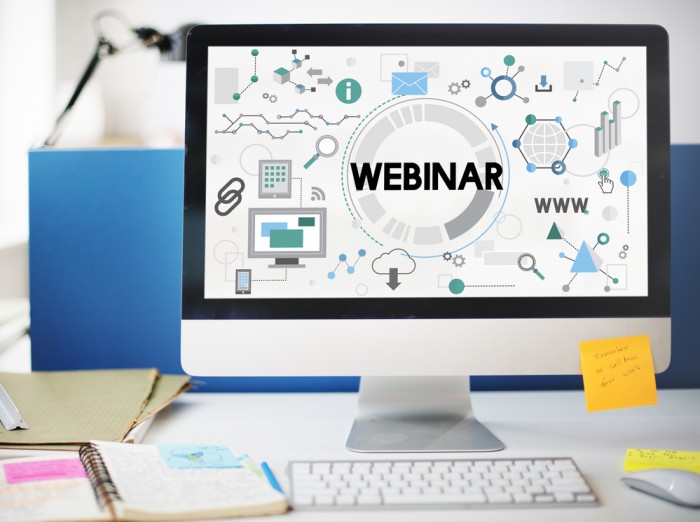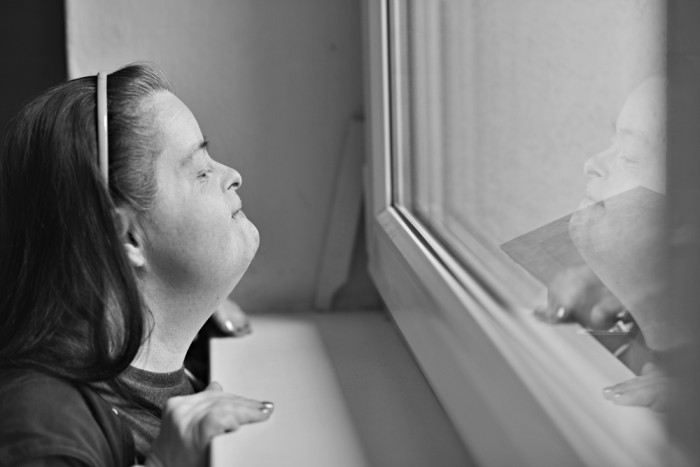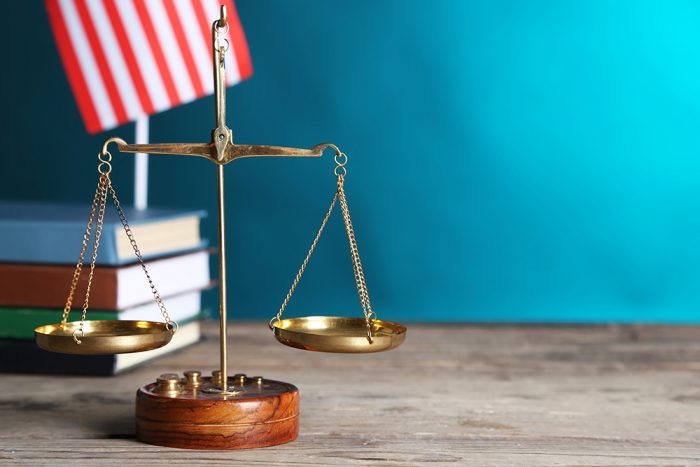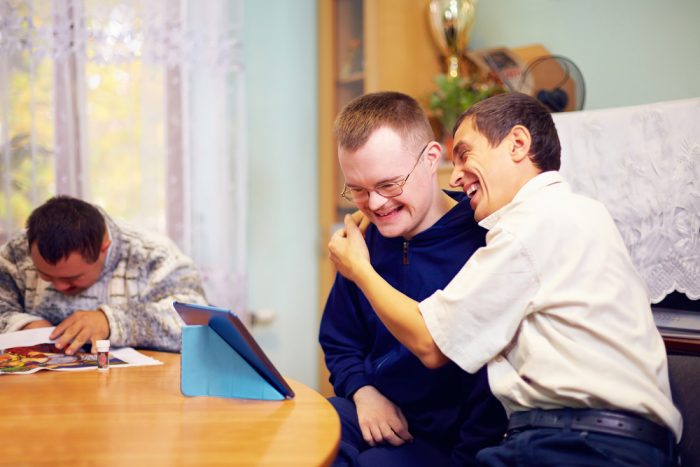Editorial: PA Can — And Must — Stop the Collapse of Its Disability System
RCPA Signs Letter Urging Action on Substantial Delays in Issuing Professional Licenses

Documents From February 2 MLTSS Subcommittee Meeting
On February 2, 2022, the monthly Managed Long-Term Services and Supports (MLTSS) Subcommittee held their monthly meeting. The handouts referenced and shared during this monthly meeting are provided below:
- Meeting Agenda
- DHS/OLTL 2022 Priorities Presentation
- Medicaid Research Center at the University of Pittsburgh (MRC) Report on the Evaluation of CHC
- 2021 HCBS Consumer Assessment of Healthcare Providers and Systems (CAHPS) Survey Statewide Overview and MCO Analysis
The next MLTSS Subcommittee meeting is scheduled for March 1, 2022.
Pennsylvania Supreme Court Forms New Task Force Focused on Helping Those With Autism Spectrum Disorders in Court System
Screen Time Linked to Autism Spectrum Disorder in Boys

Informal Public Comment Period for Proposed Changes to Regulations and Policies for ICFs
To Solve Staffing Shortages, Hire More Workers With Disabilities | Opinion
AADMD Webinar “The Way Forward: Living Well During COVID” on February 14
Monday, February 14 at 3:00 pm EST
Register Now
This Valentine’s Day, focus on the patient population you love most — people with Intellectual and Developmental Disabilities (IDD).
Don’t miss this All-New FREE 90 minute webinar The Way Forward: Living Well During COVID, featuring a panel of national experts.
It seems COVID-19 will be a part of our lives and society for a while. People with IDD and their supports face unique adversities during the pandemic. So, how DO we get back to “normal” and WHEN? And where do we go from here?
The American Academy of Developmental Medicine and Dentistry (AADMD) is bringing together national experts in COVID-19 and IDD to give a much-needed perspective on how to navigate the days and months ahead. We will discuss how to provide a measured response to ensure freedom from illness and at the same time provide physical wellness and happiness.
The expert panel includes:
- Kim Hing, self-advocate Special Olympics Athlete;
- Peter Hotez, MD, PhD,Dean of the National School of Tropical Medicine and Professor of Pediatrics and Molecular Virology & Microbiology at Baylor College of Medicine, where he is also the Co-Director of the Texas Children’s Center for Vaccine Development (CVD);
- Emily Hotez, PhD, Assistant Professor, David Geffen School of Medicine, UCLA;
- John Raffaele, Director of Educational Services at National Alliance for Direct Support Professionals (NADSP); and
- Ben Margolis, MD, Neurologist and AADMD Board Member.
The webinar is intended for everyone who cares and supports those with IDD.
CMS Releases Updated IRF Provider Preview Reports
The Centers for Medicare and Medicaid Services (CMS) has released the updated Inpatient Rehabilitation Facility (IRF) Provider Preview Reports. These reports contain provider performance scores for quality measures and contain data submitted by IRFs from Quarter 3 (Q3) 2020 through Quarter 2 (Q2) 2021.
Providers have until February 25, 2022, to review their performance data. Providers can request CMS review their data during the preview period if they believe the scores are inaccurate. The final reports will be published on Care Compare and Provider Data Catalog (PDC) during the March 2022 refresh of the websites. For additional information, visit the CMS IRF QRP Public Reporting website.
















